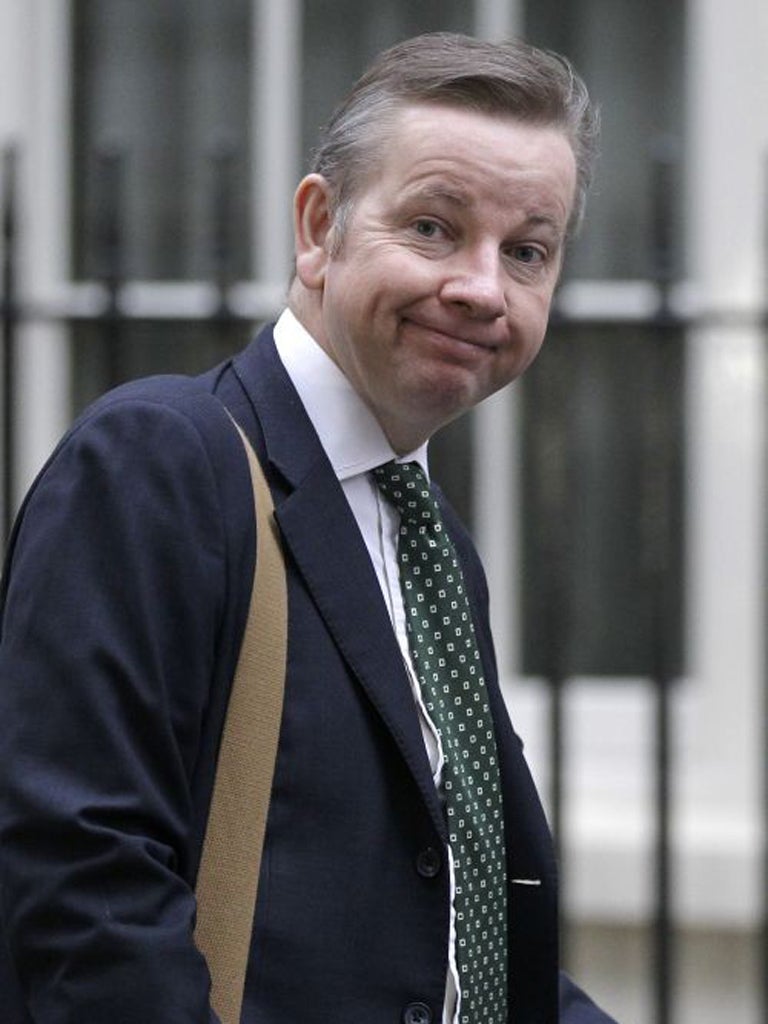Profit motive has created corrupt education system, say teachers
Calls for abolition of exam boards and formation of a single body free from commercial pressures

Market forces have crowded ethics out of the GCSE and A-level exam system, headteachers' leaders said last night.
The warning came on a day when two examiners were suspended after claims that they had tipped off teachers about questions due to crop up in next year's papers.
There is growing pressure on the Government to close down the exam boards and replace them with a single board to cover the whole country. This, it is argued, would remove the need for boards to "cosy up" to schools and make their exams easier for them in order to obtain more clients.
The furore began yesterday with the publication of an undercover operation mounted by The Daily Telegraph at 13 seminars between exam boards and teachers which revealed widespread abuses of a rule that examiners should not give out information about forthcoming exams.
The Education Secretary, Michael Gove, ordered a two-week investigation into the claims by Ofqual, the exams watchdog, and said the whole system had been "discredited".
Glenys Stacey, chief executive of Ofqual, warned that boards could have to pulp papers and rewrite them for next January and June if it was found pupils had been given an unfair advantage. Meanwhile, the Welsh Joint Education Committee announced it had suspended two examiners. It is understood they are Paul Evans and Paul Barnes, both history examiners named in the Telegraph report.
Mr Evans was filmed telling teachers that a compulsory question in a particular exam goes through a cycle, afterwards adding: "We're cheating – we're telling you the cycle... Probably the regulator will tell us off."
Both the WJEC and the Edexcel exam boards said they were mounting investigations into the allegations. Edexcel said its contracts with examiners specifically stated that no discussion of future exam questions should ever take place at meetings.
Heads and teachers argued that the need for exam boards to make a profit, coupled with schools' desperation to do well in league tables, had created a toxic situation where there was a high risk of corruption.
Russell Hobby, general secretary of the National Association of Head Teachers, said: "These events remind us that the profit motive sits uncomfortably with the values of education.
"Market forces crowd out ethics and league tables crowd out judgements."
His comments were echoed by Mick Waters, a former senior exams adviser, who said: "The trouble is that all this risks spoon-feeding the pupil rather than them really experiencing the excitement and breadth of the study of the subject."
In a book published earlier this year, he said the GCSE and A-level system was a "disaster" and "almost corrupt".
The shadow Education Secretary, Stephen Twigg, last night pledged support for the idea of a single examination board for schools.
The four boards: How they work
There are four exam boards in England and Wales – the Assessment and Qualifications Alliance, Edexcel, the Oxford, Cambridge and Royal Society of Arts, and the Welsh Joint Education Committee.
Schools can select which board they put their pupils in for and may well choose different exam boards for different subjects.
The reasons for this can vary. Some schools go for what they consider the easiest option.
To woo clients, the exam boards hold seminars, which can cost up to £230 a day to attend. They are supposed to explain in detail each individual syllabus. There are strict rules preventing examiners talking about the content of future exams. However, these appear to have been flouted.
It is big business for the exam boards. The overall cost to schools and colleges for exams is now more than £300m a year – double what it was a decade ago.
The individual cost of entering a pupil for an exam can vary widely but a typical figure would be between £25 and £30 for an English GCSE. Obviously, if you have 180 pupils sitting the exam – as in the case of many secondary schools – the cost is substantial (£5,400 for just one exam).
Join our commenting forum
Join thought-provoking conversations, follow other Independent readers and see their replies
Comments